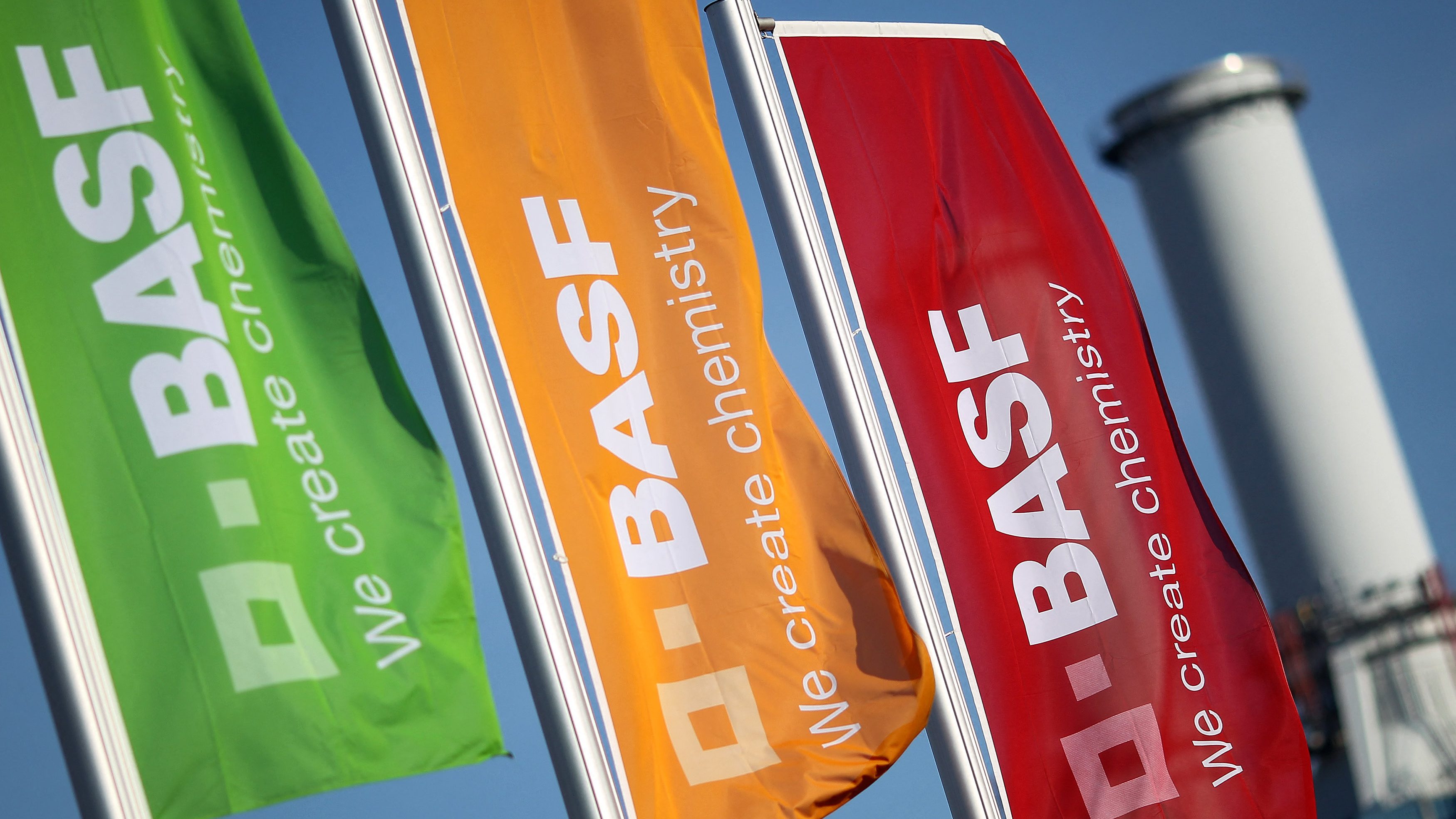Will Frankenpotato get nod in Europe?
TEXT OF INTERVIEW
Lisa Napoli: Europeans haven’t been so keen on the notion of genetically modified crops. And yet, lawmakers there are on the brink of approving a specially engineered potato.
The thing is, you can’t eat this particular Frankenstein tuber. I talked to our Stephen Beard this morning in London about what you can do with it.
Stephen Beard: It tastes terrible — that’s why you don’t eat it. It’s genetically engineered to produce a particular starch, which is used to make things like adhesive cement and the outer coating of glossy paper. And it’s the product of the German chemical giant BASF.
Napoli: Obviously, that company wouldn’t go to the trouble to make this and get it approved if it didn’t make it a lot of money. Right?
Beard: That is certainly what BASF is hoping — we’re not talking small potatoes here, Lisa. In fact, they’ve spent a bundle on it already and some 20 years of research effort developing it.
Napoli: Now I know you European types aren’t so keen on these genetically modified crops. So is this going to get accepted for use in Europe?
Beard: The European Commission has been under tremendous pressure by the World Trade Organization, which ruled that the banning of genetically modified crops amounts to an illegal trade barrier. So, it does look as if the commission will approve this — and this will be the first genetically modified crop to be approved for cultivation in Europe for the last decade.
Napoli: Even if it gets approved, Stephen, I can’t imagine that people are going to be happy about the very existence of this product.
Beard: No, there’s going to be a lot of opposition from environmentalists, for sure, because this potato contains a gene for antibiotic resistance. And if that does get out into the environment, it could make it more difficult to kill bacteria that infect humans and animals.
Napoli: That’s our London bureau chief Stephen Beard.
There’s a lot happening in the world. Through it all, Marketplace is here for you.
You rely on Marketplace to break down the world’s events and tell you how it affects you in a fact-based, approachable way. We rely on your financial support to keep making that possible.
Your donation today powers the independent journalism that you rely on. For just $5/month, you can help sustain Marketplace so we can keep reporting on the things that matter to you.


















